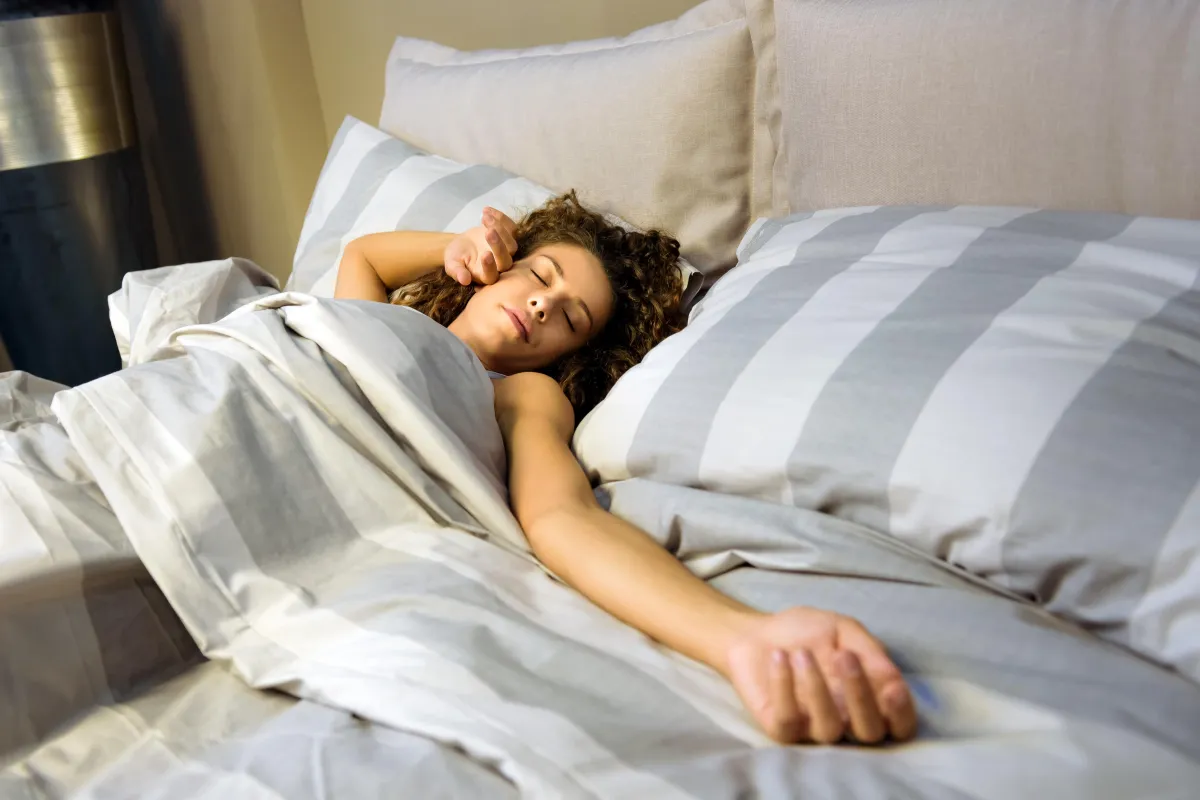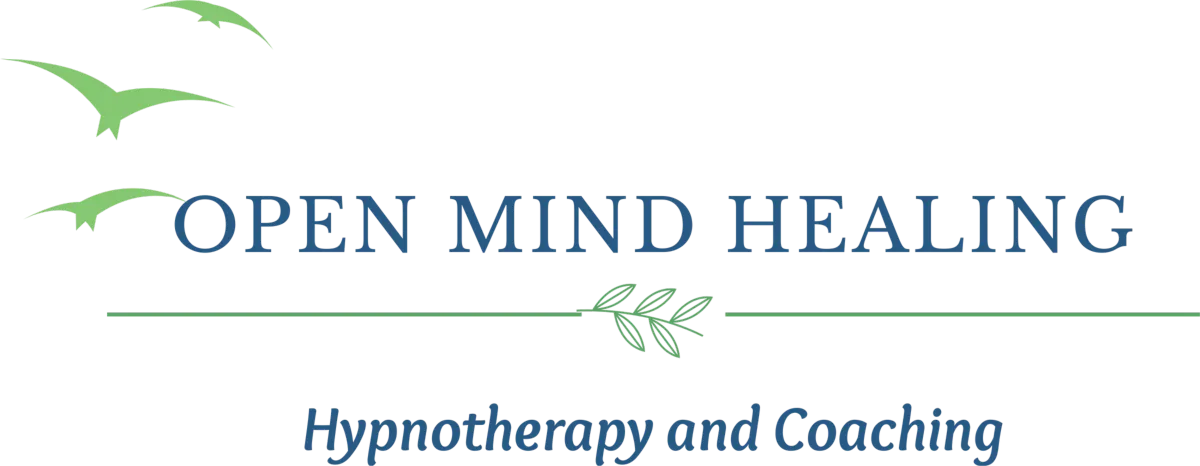Current Articles

Don't Let Sleepless Nights Steal Your Work Day
My aim with this article is to help you navigate the realities of chronic insomnia, it’s effects on the workplace and strategies for managing it effectively.
Chronic insomnia is a ‘persistent inability to fall asleep or stay asleep’. It is both frustrating and debilitating and while for some it remains an infrequent annoyance for others it is a chronic health condition that significantly impacts both home and work life. Insomnia can be a stand alone chronic condition or a symptom of another chronic health condition such as fibromyalgia or an autoimmune disease.
The Burden of Chronic Insomnia

Insomnia can manifest in several ways. You might have trouble falling asleep at first, wake up many times during the night, or wake up too early in the morning and not be able to fall back asleep.
Many people experience this last one - waking up in the early hours of the morning, feeling like they just can't fall back asleep, and then right as they drift off, the alarm goes off. This frustrating time is sometimes called the "witching hour" because it often happens between 3 and 4 am.
I for one was a practised witch!!
The Consequences of Insomnia
The consequences of suffering from insomnia are vast and far reaching and can effect your physical and mental health as well as your career and home life.
When you don't get enough sleep, your brain doesn't have enough time to recharge and repair itself and this can lead to a number of problems, including:
Increased risk of mental health disorders: Insomnia is a major risk factor for depression and anxiety, as well as other conditions.
Exacerbation of pre-existing mental health diagnoses: If you already have a mental health condition, insomnia can make your symptoms worse.
Cognitive problems: Insomnia can make it difficult to concentrate, focus, and make decisions.
Mood problems: People with insomnia are more likely to experience irritability, anger, and sadness.
Increased stress: Insomnia can make it harder to cope with every day stresses as well as the more profound stresses of life.
As you can imagine any of the above, over a long period of time, will result in difficulties at home and in work. Impaired decision making can lead to increased risk to yourself or others and there is a strong chance that you will be taking increased time off work due to fatigue and / or the physical consequences of lack of sleep.
Breaking The Cycle

There are a number of different strategies that you can use to break the cycle of insomnia and some work better than others. Ideally these should be personalised to your specific needs.
Some of the strategies available to you are as follows:
Develop a Consistent Sleep Schedule
Go to bed and wake up at the same time every day. Yes, even weekends as this helps you to regulate a natural sleep – wake cycle
Create a relaxing bedtime routine. Wind down before you go to bed with a good book or any other calming activities such as taking a warm bath, utilising your relaxation techniques such as body meditation, deep breathing or other breathwork techniques.
Optimise Your Environment

Dark – having the room dark triggers the production of melatonin, the hormone that regulates your sleep-wake cycle.
Cool – cooler temperatures are also shown to increase production of melatonin which helps to regulate your circadian rhythm, the internal clock that tells your body when to sleep and when to wake.
Quiet
Reduced stress and arousal. Loud noises can trigger the fight-or- flight response, causing your body to release stress hormones like cortisol. This puts your body on high alert and makes it difficult to relax and fall asleep.
Deeper Sleep Stages: Noise disrupts sleep cycles, particularly the deeper stages of sleep that are essential for feeling rested and restored.
While complete silence may not be ideal for everyone (some people find constant quiet unnerving), minimising disruptive noises is key.
Clutter free – cluttered environment = cluttered mind.
Good mattress and pillow – I have slept so much better since finding the right ergonomic sleeping aids. I have Hypermobile EDS and this was essential for me. Try things out to find what works best for you.
Good Sleep Hygiene

Avoid Caffeine from early afternoon.
Reduce Alcohol intake as alcohol and sleep have a complex relationship. While alcohol may initially seem to help you fall asleep faster, it actually disrupts the quality of your sleep throughout the night as it wears off during the night and causes disruptions in your sleep cycle. This impacts REM sleep which is a crucial stage of sleep for memory consolidation and emotional processing. As alcohol impairs this process you get less of the vital restorative sleep that your body needs for you to function at your best during the day.
Get regular exercise but not right before bed as this can stimulate the nervous system and dysregulate your body temperature.
Limit screen time. Yes, switch off your LinkedIn and Facebook feed, you will thank me for it. Ideally within an hour of bed if you can drag yourself away.
Open Communication in The Work Place
Consider talking to your employer or HR department if you are struggling with insomnia as you will be surprised how many employers now offer resources and reasonable adjustments to accommodate employees with chronic health conditions.
Explore options such as flexible working (start late and finish late), additional breaks which if you are at home could mean a power nap, remote working arrangements that can help you manage your sleep needs while maintaining your productivity.
Living with chronic insomnia can be a challenge, but it doesn’t have to control your work or home life. By seeking professional help, implementing healthy sleep habits and fostering open communication with your employer you can reclaim your sleep and thrive in your workplace and at home.

